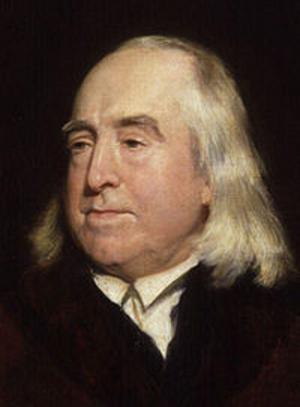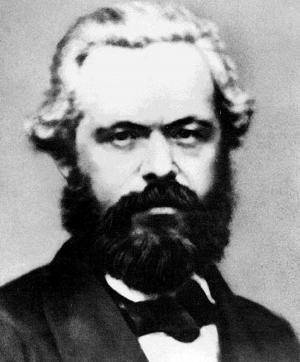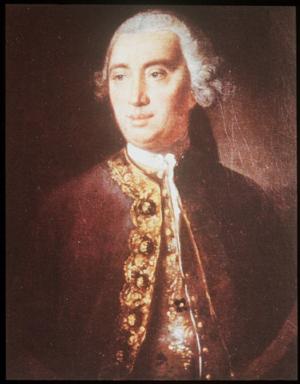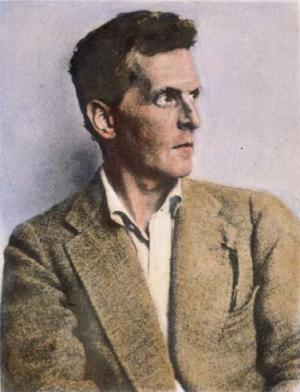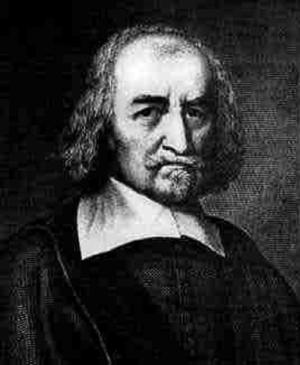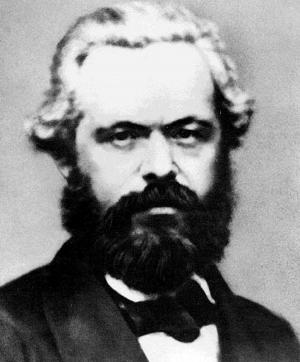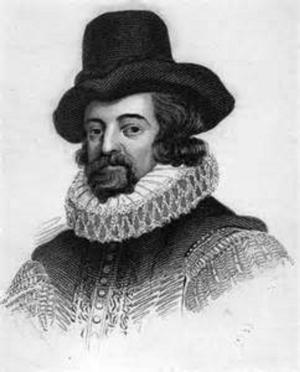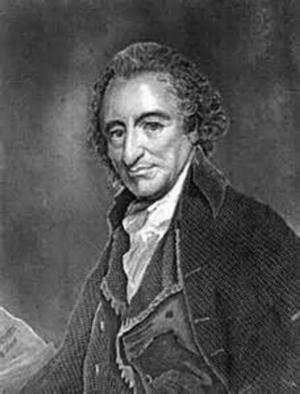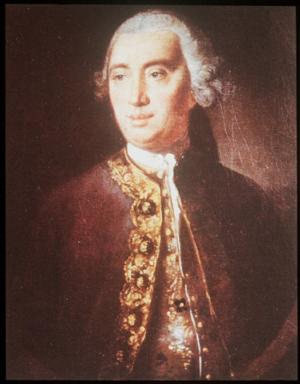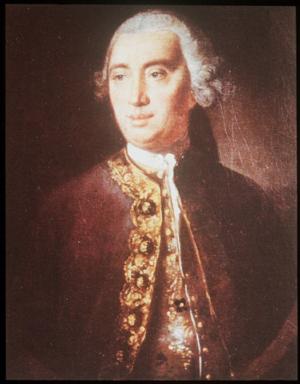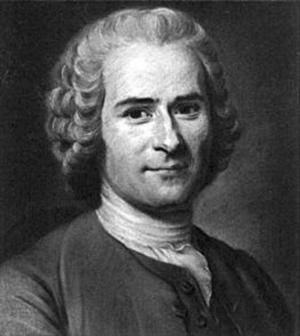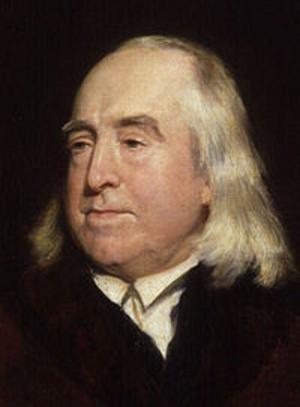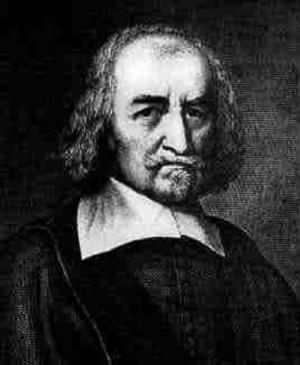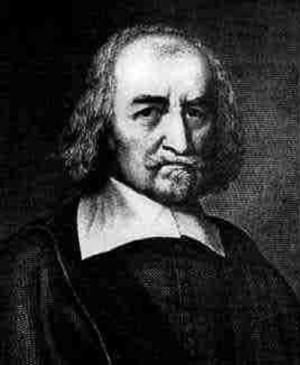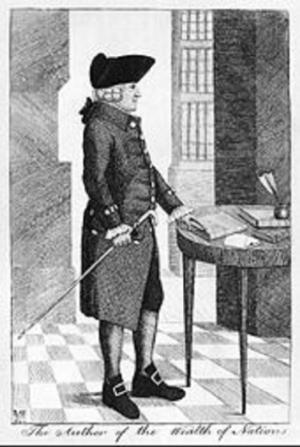Meditationes Sacrae (Illustrated)
Business & Finance, Economics, Macroeconomics, Theory of Economics| Author: | Francis Bacon, Timeless Books: Editor | ISBN: | 1230000679060 |
| Publisher: | www.WealthOfNation.com | Publication: | September 22, 2015 |
| Imprint: | Language: | English |
| Author: | Francis Bacon, Timeless Books: Editor |
| ISBN: | 1230000679060 |
| Publisher: | www.WealthOfNation.com |
| Publication: | September 22, 2015 |
| Imprint: | |
| Language: | English |
The book has an active table of contents for easy access to each volume and section.
Francis Bacon was a great English philosopher and one of the founders of the modern system of political philosophy. He is in the row with the greatest thinkers as Isaac Newton, John Locke, Immanuel Kant, Thomas Hobbes, and Jean Rousseau. Their collected thoughts have had strong influence on building the foundation of the United States and its endeavor of open society.
Francis Bacon’s Meditationes Sacrae was published in 1597. It is regarded as one of the most important religious writings by Bacon. The book is seen as an effort by Bacon, a non-atheist, who attempted to mediate the reformed English church between the two extremes of Popish superstition and profane superstition. Although Bacon was working on replacing Aristotle with his own inductive method for discovering the truths of nature, Bacon’s argument in the book was to place the Anglican Church between the two extremes by borrowing from Aristotle concept of virtue flanked by its two respective vices. Bacon declared in this book his positions as the follows: “Ye err, not knowing the Scriptures nor the power of God (Matthew XXII:29). THIS canon is the mother of all canons against heresy: the causes of error are two; the ignorance of the will of God, and the ignorance or not sufficient consideration of his power; the will of God is more revealed by the Scriptures, and therefore the precept is, ‘Search the Scriptures;’ the will of God is more revealed by the creatures, and therefore the precept is, ‘Behold and consider the creatures:’ so is the fulness of the power of God to be affirmed, as we make no imputation to his will; so is the goodness of the will of God to be affirmed, as we make no derogation from his power: therefore true religion seated in the mean betwixt superstition, with superstitious heresies on the one side, and atheism with profane heresies on the other; superstition, rejecting the light of the Scriptures, and giving itself over to ungrounded traditions, and writings doubtful and not canonical, or to new revelations, or to untrue interpretations of the Scriptures, themselves do forge and dream many things of the will of God, which are strange and far distant from the true sense of the Scriptures; but atheism and theomachy rebelleth and mutinieth against the power of God, giving no faith to his word which revealeth his will, upon a discredit and unbelief of his power to whom all things are possible.”
Bacon is forever remembered as essential enabler, reformer, philosophical advocate, and practitioner of the scientific method during the scientific revolution through his extremely influential works. His works have produced great influence on modern science. His view to the real world became widely recognised as the foremost philosophical and scientific voice. Bacon’s influence has been felt in nearly every field of the humanities and sciences.
This book is one of the most important ones about the thoughts of philosophic methodology, science, and religions to understand nature by Francis Bacon, one of the greatest thinkers of modern philosophy and scientists on the planet.
The book has an active table of contents for easy access to each volume and section.
Francis Bacon was a great English philosopher and one of the founders of the modern system of political philosophy. He is in the row with the greatest thinkers as Isaac Newton, John Locke, Immanuel Kant, Thomas Hobbes, and Jean Rousseau. Their collected thoughts have had strong influence on building the foundation of the United States and its endeavor of open society.
Francis Bacon’s Meditationes Sacrae was published in 1597. It is regarded as one of the most important religious writings by Bacon. The book is seen as an effort by Bacon, a non-atheist, who attempted to mediate the reformed English church between the two extremes of Popish superstition and profane superstition. Although Bacon was working on replacing Aristotle with his own inductive method for discovering the truths of nature, Bacon’s argument in the book was to place the Anglican Church between the two extremes by borrowing from Aristotle concept of virtue flanked by its two respective vices. Bacon declared in this book his positions as the follows: “Ye err, not knowing the Scriptures nor the power of God (Matthew XXII:29). THIS canon is the mother of all canons against heresy: the causes of error are two; the ignorance of the will of God, and the ignorance or not sufficient consideration of his power; the will of God is more revealed by the Scriptures, and therefore the precept is, ‘Search the Scriptures;’ the will of God is more revealed by the creatures, and therefore the precept is, ‘Behold and consider the creatures:’ so is the fulness of the power of God to be affirmed, as we make no imputation to his will; so is the goodness of the will of God to be affirmed, as we make no derogation from his power: therefore true religion seated in the mean betwixt superstition, with superstitious heresies on the one side, and atheism with profane heresies on the other; superstition, rejecting the light of the Scriptures, and giving itself over to ungrounded traditions, and writings doubtful and not canonical, or to new revelations, or to untrue interpretations of the Scriptures, themselves do forge and dream many things of the will of God, which are strange and far distant from the true sense of the Scriptures; but atheism and theomachy rebelleth and mutinieth against the power of God, giving no faith to his word which revealeth his will, upon a discredit and unbelief of his power to whom all things are possible.”
Bacon is forever remembered as essential enabler, reformer, philosophical advocate, and practitioner of the scientific method during the scientific revolution through his extremely influential works. His works have produced great influence on modern science. His view to the real world became widely recognised as the foremost philosophical and scientific voice. Bacon’s influence has been felt in nearly every field of the humanities and sciences.
This book is one of the most important ones about the thoughts of philosophic methodology, science, and religions to understand nature by Francis Bacon, one of the greatest thinkers of modern philosophy and scientists on the planet.

